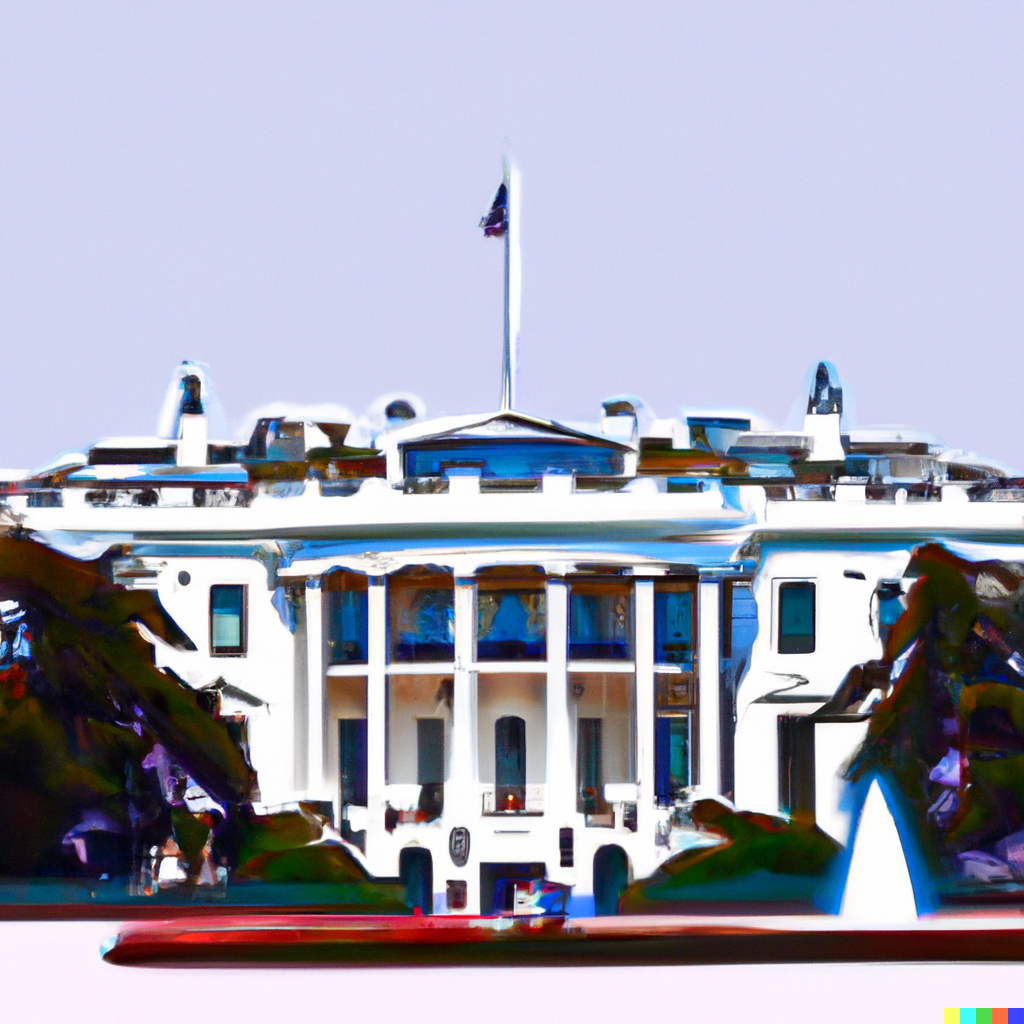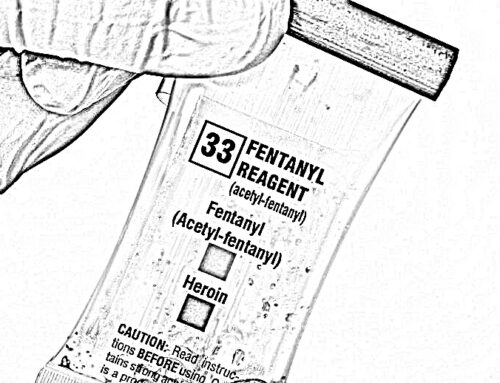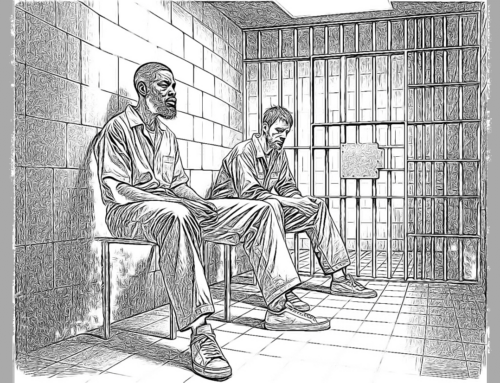On Thursday, President Joe Biden issued an executive order highlighting the administration’s efforts to correct the failed approach to federal marijuana policy. The order, which is focused on promoting equity within federal agencies and the White House, showcases the president’s actions on marijuana. Biden previously granted a mass pardon for people with non-violent federal cannabis possession convictions and directed a multi-agency review into the scheduling of marijuana under the Controlled Substances Act (CSA).
In the executive order, the president states that his administration has taken steps to strengthen public safety, advance criminal justice reform, protect civil rights, and stand up against hate-fueled violence that threatens the fabric of democracy. The White House released a fact sheet on the order, highlighting the president’s actions addressing the failed approach to marijuana and how the criminalization of marijuana possession has upended many lives and hindered access to housing, employment, and educational opportunities for those with prior convictions.
Biden has also called on every state governor to follow his lead, as most marijuana prosecutions occur at the state and local levels. The Department of Health and Human Services and the Department of Justice have been directed to review the scheduling of marijuana under federal law expeditiously.
The president’s executive order, “Further Advancing Racial Equity and Support for Underserved Communities Through the Federal Government,” directs federal agencies to produce an annual public Equity Action Plan to analyze barriers that underserved communities may face in accessing and benefiting from programs. The administration has routinely highlighted the marijuana clemency and scheduling review actions in the context of equity and racial justice.
A bipartisan group of 29 congressional lawmakers from the House and Senate sent a letter to the president in December, asking him to formally back federal marijuana legalization. The U.S. Health and Human Services Secretary, Xavier Becerra, has committed to conducting the scientific review of marijuana as quickly as possible. The Department of Justice has also committed to carrying out the separate scheduling review that the president directed.
The president signed a marijuana research bill into law in December, making history by enacting the first standalone federal cannabis reform legislation in U.S. history. A series of polls have shown that Americans strongly support the president’s pardon action and do not think marijuana should be classified as a Schedule I drug.
As a criminal defense attorney, I believe that President Biden’s actions on marijuana demonstrate a commitment to correcting the unjust and failed approach to federal marijuana policy. The mass pardon for people with non-violent federal cannabis possession convictions and the multi-agency review into the scheduling of marijuana under the CSA will significantly impact the lives of those who have been unfairly penalized for conduct that is now legal in many states.
I have seen first-hand the devastating effects that the criminalization of marijuana possession can have on individuals and their families. The barriers to housing, employment, and education that result from a criminal record can last a lifetime and limit opportunities for personal and professional growth.
President Biden’s actions on marijuana represent a step in the right direction toward correcting the failed approach to marijuana and promoting equity and justice. The executive order directing federal agencies to produce an annual public Equity Action Plan to analyze barriers that underserved communities may face in accessing and benefiting from programs is a positive step toward addressing the systemic inequalities that the criminalization of marijuana has perpetuated.









